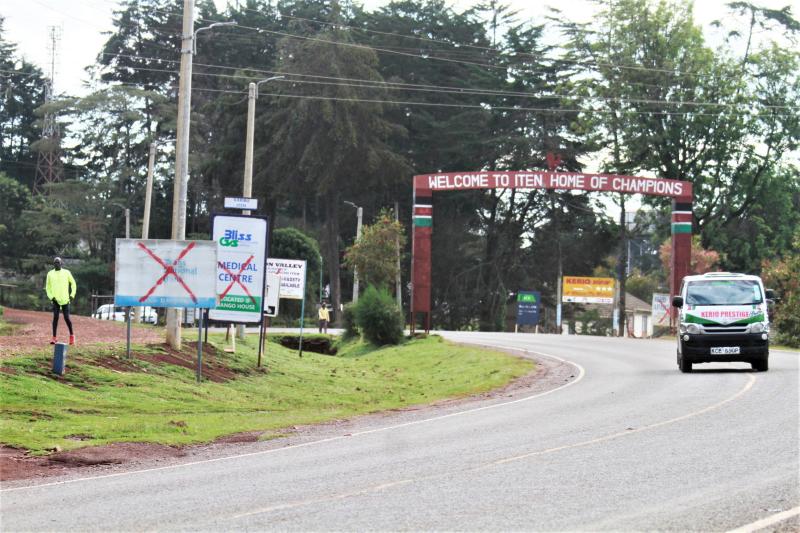×
The Standard e-Paper
Home To Bold Columnists

Sports tourism has made impressive strides in the last two decades globally, thanks to the steady growth of the sports industry.
According to the United Nations Economics Commission for Africa, for the last 20 years there has been growing focus on sports tourism globally, involving travel for purposes of watching sports events, active participation in sports or simply to gaze at sports facilities infrastructure.